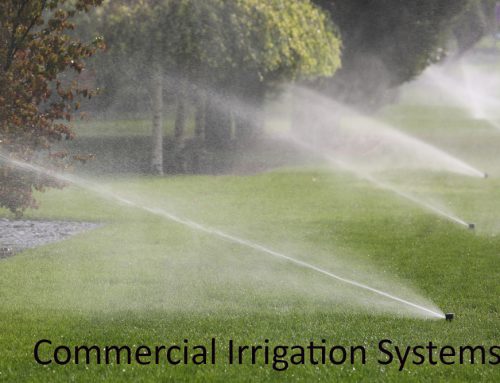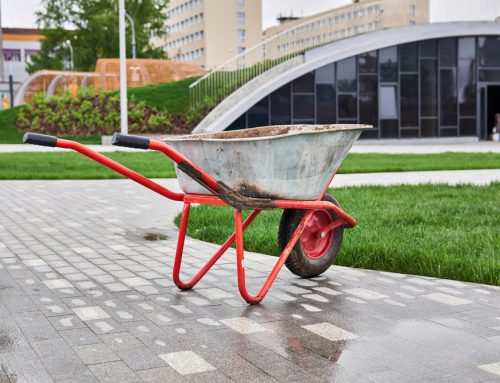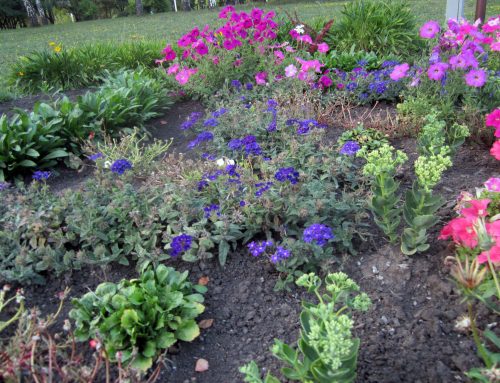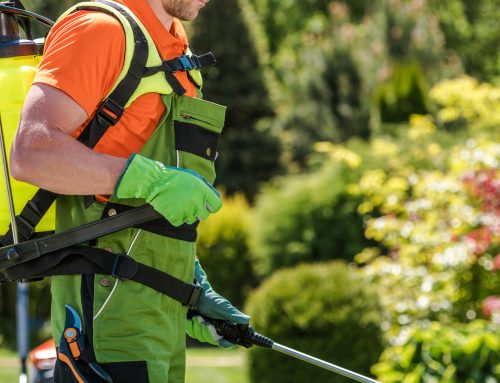Pugh’s Earthworks
Commercial Landscape Maintenance Services For Tennessee
Pugh’s Earthworks provides commercial landscape design and maintenance services throughout Tennessee, including Memphis, Jackson, and Nashville plus we service residential and commercial lawns in Little Rock, Arkansas. Our monthly seasonal landscape care for lawns is done by a team of highly trained and service-focused professionals who love what they do. Lawn care can include additional services for your landscape, pest control, and ice and snow removal needs.
With fall racing toward the winter season and the weather making it known what’s on the way — frigid temperatures, ice, and snow – it’s time to think more about how to take care of your lawn during the winter.
Even now during the second half of fall, frost starts to appear in the mornings, especially when w’eve had a cold, clear night. You may start to see how moisture on grass and plants starts to freeze. A light frost over the course of several nights can lead to damage for your lawn. For example, Bermuda grass can start to have a brown, patchy appearance and die pretty quickly if warmer temperatures do not return. St. Augustine grass has a brown, yellow or even purple hue where frost has damaged grass blades.
While you can fix this when spring arrives, there are other things you can do in the meantime to prevent further damage. During a frost, each of those grass blades is essentially frozen. Therefore, when you walk on it, the blades will break from the weight of your foot steps. This does more damage than the frost alone because the weight causes more cellular damage to the grass blades.
When a lawn is frosted, the grass blades are literally frozen. Any activity on the lawn while it is frosty, like walking on it or mowing it, will “break” the grass blade and damage the lawn. It will recover eventually, but it may not fully bounce back until the following spring. This may make it even harder for your lawn to recover, so it’s best to stay off of it.
Another tip is to do deep watering of your lawn at night because it allows the moisture to evaporate slowly overnight. This evaporation then creates friction and heat around each of the grass blades. When the night air temperature drops below freezing, your grass still has a slightly higher temperature from the evaporative heat processes. As a result, the lawn turf doesn’t hit the freezing temperature that causes the water molecule expansion that leads to the frost damage. Another tip from golf course management is to use a sprinkler to melt the frost before walking on the lawn.
Contact us now to learn more about how we can care for your winter lawn!






